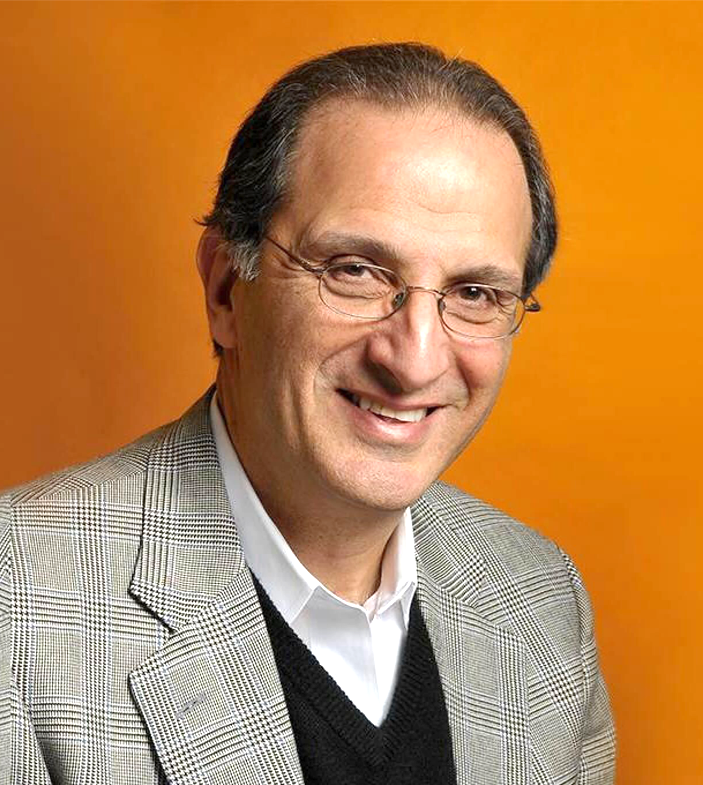Several weeks ago, I wrote an article outlining a radical proposal Ralph Nader and I put forward for discussion. The proposal called on Lebanon’s civil society to petition the United Nations to declare Lebanon a Chapter VII failed state requiring international intervention. Many readers commented favourably on the idea. Others thought the idea worth considering, but believed that it would never pass the Security Council. The point of the proposal, however, was not to present a fait accompli, rather to spur exactly the type of discussion that ensued.
What is clear is that Lebanon is broken, its people suffering, its governing institutions not functioning, and its traditional leadership incapable of meeting the country’s challenges. Evidence of this dysfunction is the failure of Lebanon’s parliament to elect a president for the past four months.
In the face of this paralysis, a courageous and important step has been taken by some newly elected members of the Lebanese parliament in their fourth week of a protest sit-in in Beirut’s parliament building. Led by Najat Saliba and Melhem Khalaf, two of the independent Forces of Change group of newly elected, the protesters are calling on their colleagues to convene and fulfill their responsibility to elect a president so at least a semblance of a functioning government can be formed.
It is important to acknowledge that seating a president and cabinet is at best a short-term fix that will not solve Lebanon’s multi-layered crises. At the same time, the MPs decision to sit-in deserves support because it shines a light on the dysfunctional mess created by the sectarian cliques controlling the parliament. By focusing on petty agendas instead of the national interests, these powerful sectarian elites have led the country to ruin.
In a letter appealing for support, MPs Saliba and Khalaf listed some of the unaddressed hardships confronting the Lebanese people, particularly those brought on by the country’s economic collapse. Given the steady erosion of the Lebanese currency’s value, Lebanon’s average monthly income has plummeted from $450 to $10. As a result, almost 75 per cent of the population are living in poverty. Three hundred thousand children are without schools. Patients with serious illnesses are without medical care or essential medications. And most damning they write, “Cholera is spreading, 90 per cent of the water supply is polluted, and over one million families cannot afford fuel.” This nightmare is the reality in the country whose capital was once heralded as the “Paris of the Middle East”.
In the face of this catastrophe and governing vacuum, the Lebanese parliament has met 11 times since October and failed in its basic constitutional duty to elect a president. Some members of parliament have approached their responsibility seriously and simply disagreed on the right candidate to support. Others have been purely obstructionist, preferring paralysis to electing a president who won’t protect their partisan groups corrupt control over ministries and budgets.
This inaction and obstruction has resulted in almost four months without a president or cabinet, no government ministries of government to implement policies, and the parliament unable to pass laws. No authority can negotiate with international institutions for loans or grants to fund needed revenues and services. And members of parliament cannot enact reforms to protect basic rights, address income inequality, ensure accountability for crimes against the Lebanese people, or challenge the endemic corruption at the heart of the Lebanese dilemma.
That is why, since January 19th, Saliba and Khalaf have been sitting-in, to force parliamentary compliance with the constitutional requirement to remain in open session until a president is chosen. They deserve support for their courageous challenge. A new president will not solve Lebanons crisis, a far deeper problem than can be remedied by a new face at the helm. Rather, the formation of a government could helpalleviate the hardships facing the long-suffering Lebanese people. This protest action also exposes the dysfunctional state of the political system and empowers the newly elected independent reformists whose numbers must grow if Lebanon is to change. In the end, more fundamental transformations will be needed to end the corrosive impact of sectarianism and corruption, but this direct action by a handful of reformists is a first step on the long road forward.
Th writer is president of the Washington-based Arab American Institute
